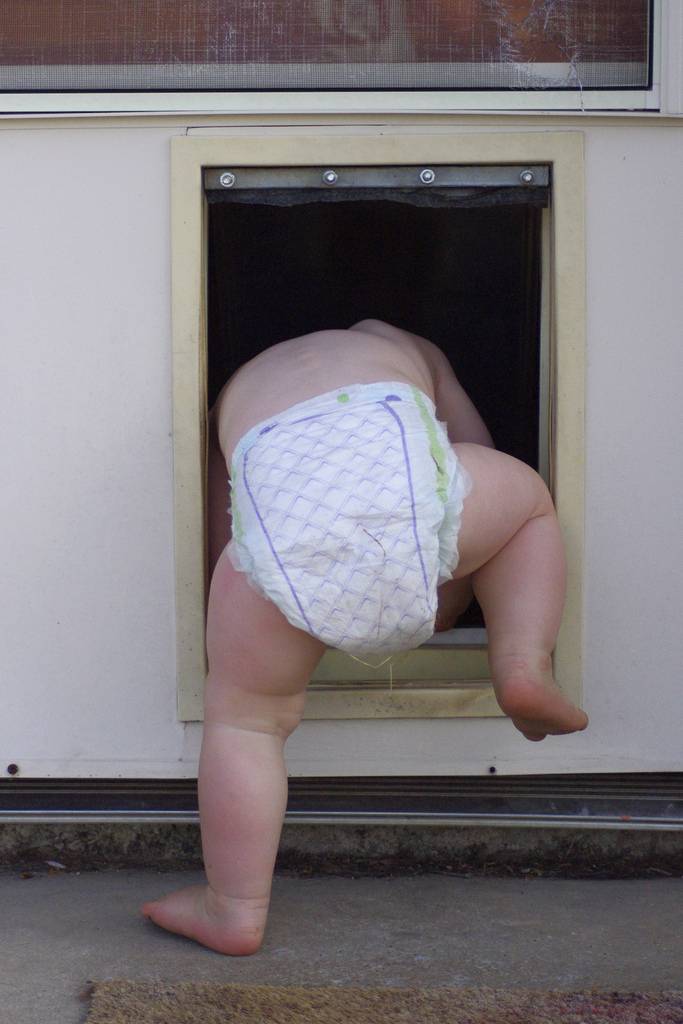Inguinal Hernia: The Unseen Culprit
Inguinal hernias are a common but often overlooked issue in children, especially among infants and toddlers. What are they, how do they manifest, and what can be done about them? Let’s delve into this hidden health concern.
What is an Inguinal Hernia?
An inguinal hernia occurs when a portion of the intestine protrudes through a weak spot in the abdominal muscles, specifically into the inguinal canal in the groin area. While generally not life-threatening, they can lead to complications if untreated.
The Causes: Why Does It Happen?
The primary factors contributing to inguinal hernias include:
- Congenital Weakness: Some children are born with a weakness in the abdominal wall.
- Increased Abdominal Pressure: Caused by activities like lifting or straining.
- Premature Birth: More common in preemies due to underdeveloped abdominal muscles.
Symptoms: What to Look For
Key indicators of an inguinal hernia include:
- Visible Lump: In the groin or lower abdomen.
- Pain or Discomfort: Especially when coughing, lifting, or bending.
- Swelling: Around the testicles, in the case of boys.
Diagnosis: Confirming the Condition
The diagnostic process usually involves:
- Physical Examination: A hands-on check for lumps.
- Ultrasound: For a closer look at the affected area.
- Blood Tests: To rule out infection or other complications.
Treatment: How to Address It
Treatment options are primarily surgical:
- Herniorrhaphy: The traditional method of stitching the opening closed.
- Laparoscopic Surgery: A less invasive option with quicker recovery time.
- Observation: In mild cases, especially in premature infants.

The Emotional Aspect: It’s Not Just Physical
The prospect of surgery can be stressful for both parents and children. Emotional support and clear communication are vital in navigating this challenging time.
Prevention: Can It Be Avoided?
While not entirely preventable, avoiding excessive straining and maintaining a healthy weight can reduce the risk.
Next Steps
If you’re finding this content beneficial and wish to stay informed on children’s health topics, consider subscribing to our newsletter. If you have concerns about inguinal hernias or other abdominal issues in your child, feel free to book an appointment with Dr. Michael Nwaneri. We’re here to provide expert guidance, no strings attached.



